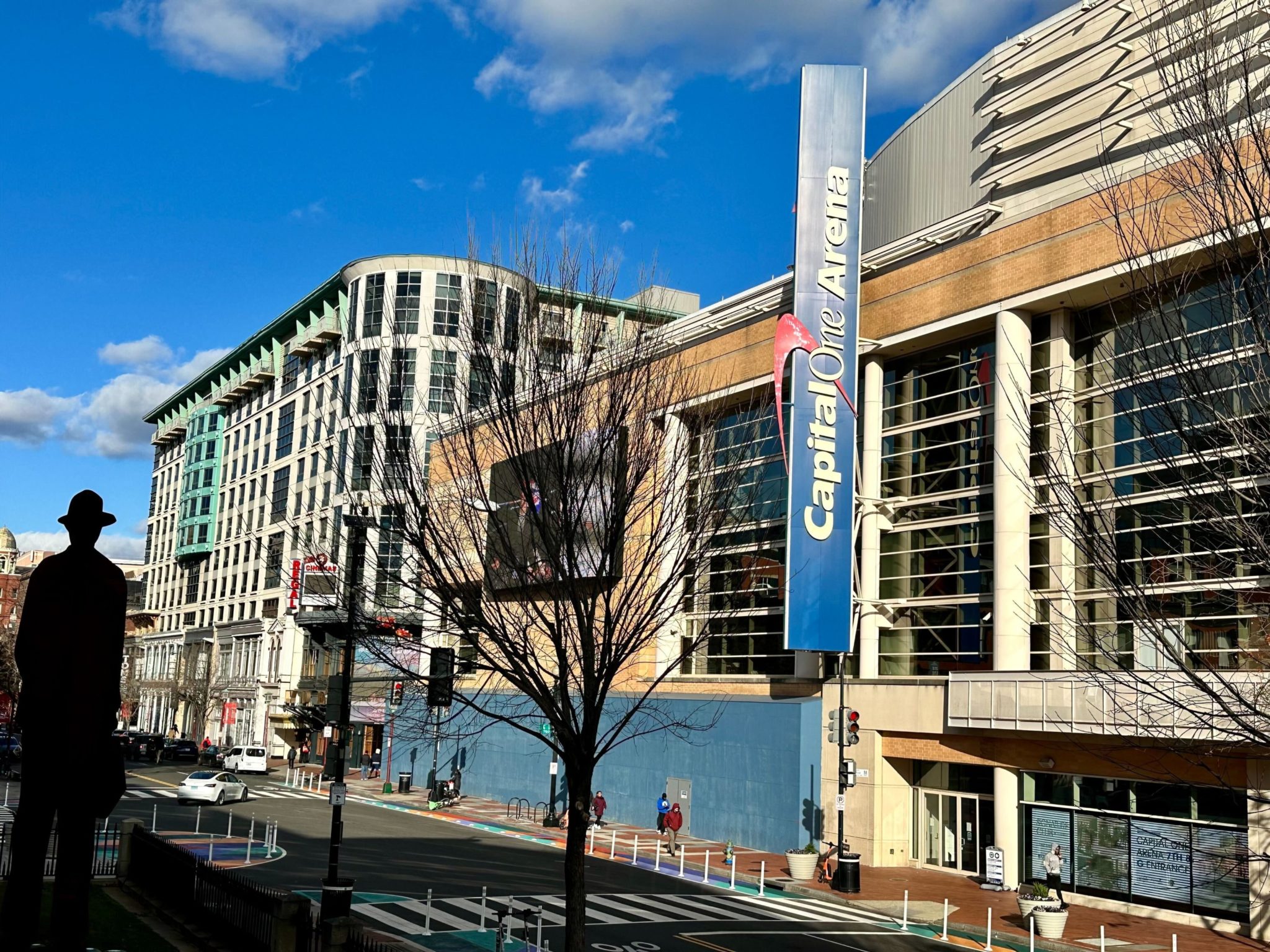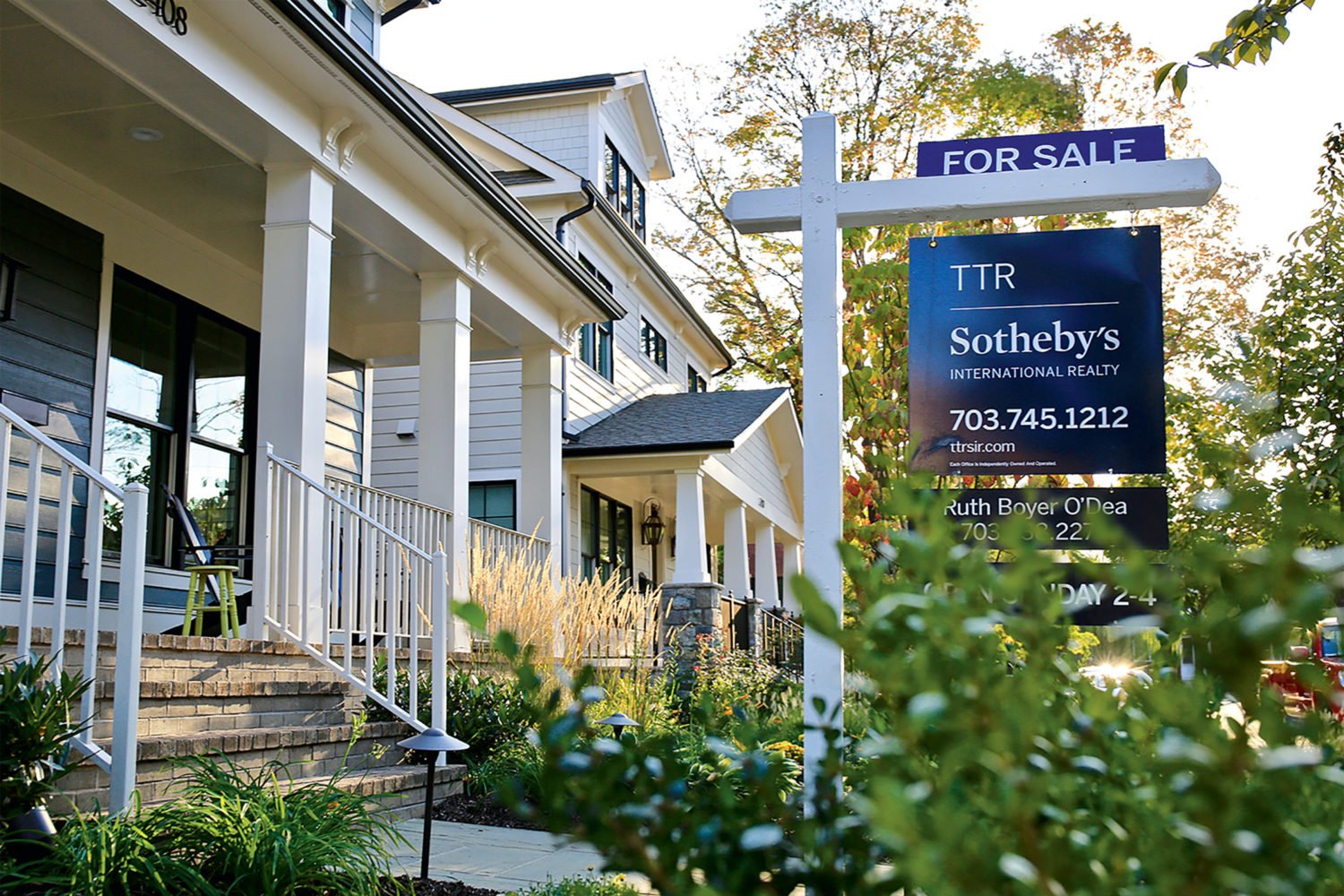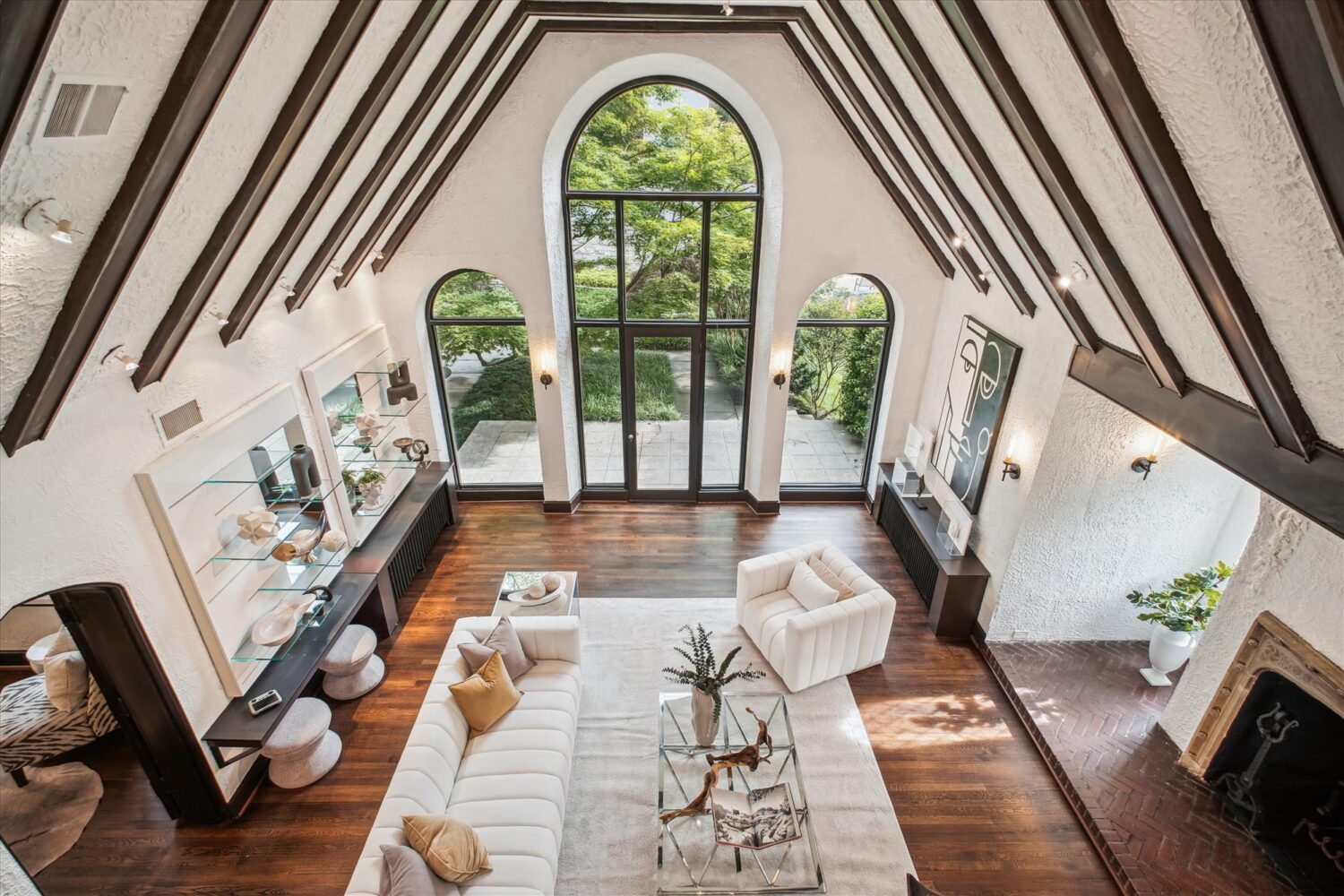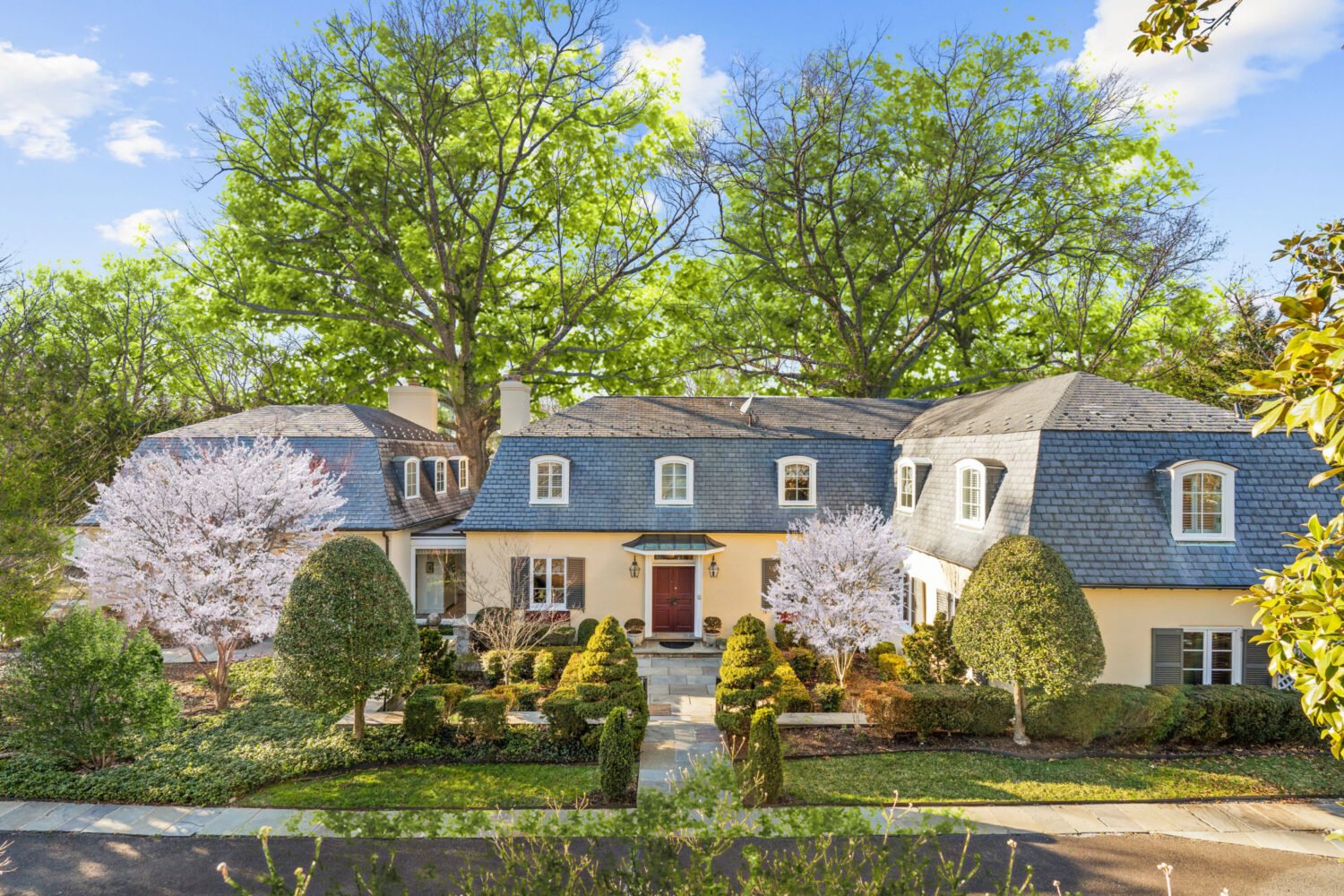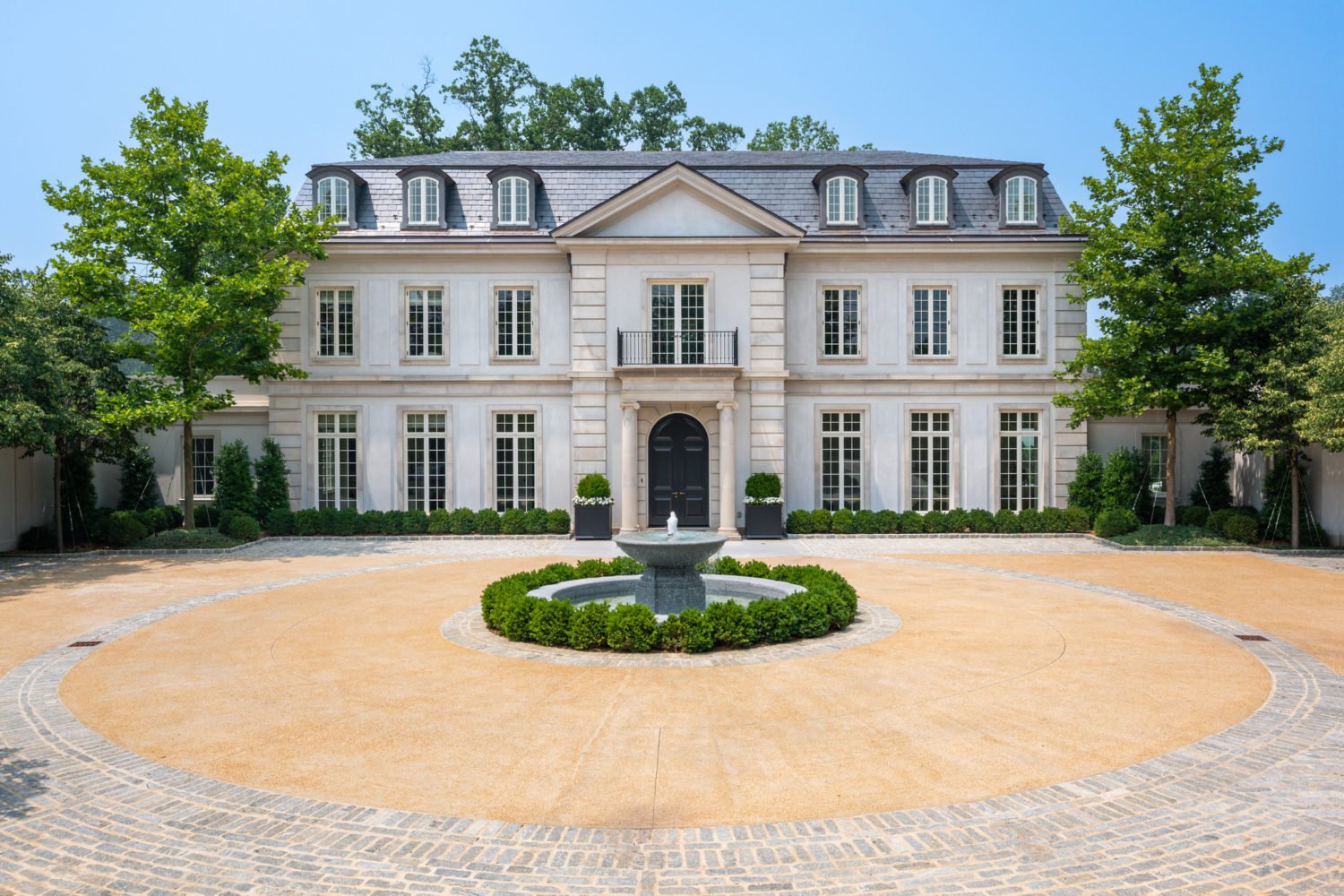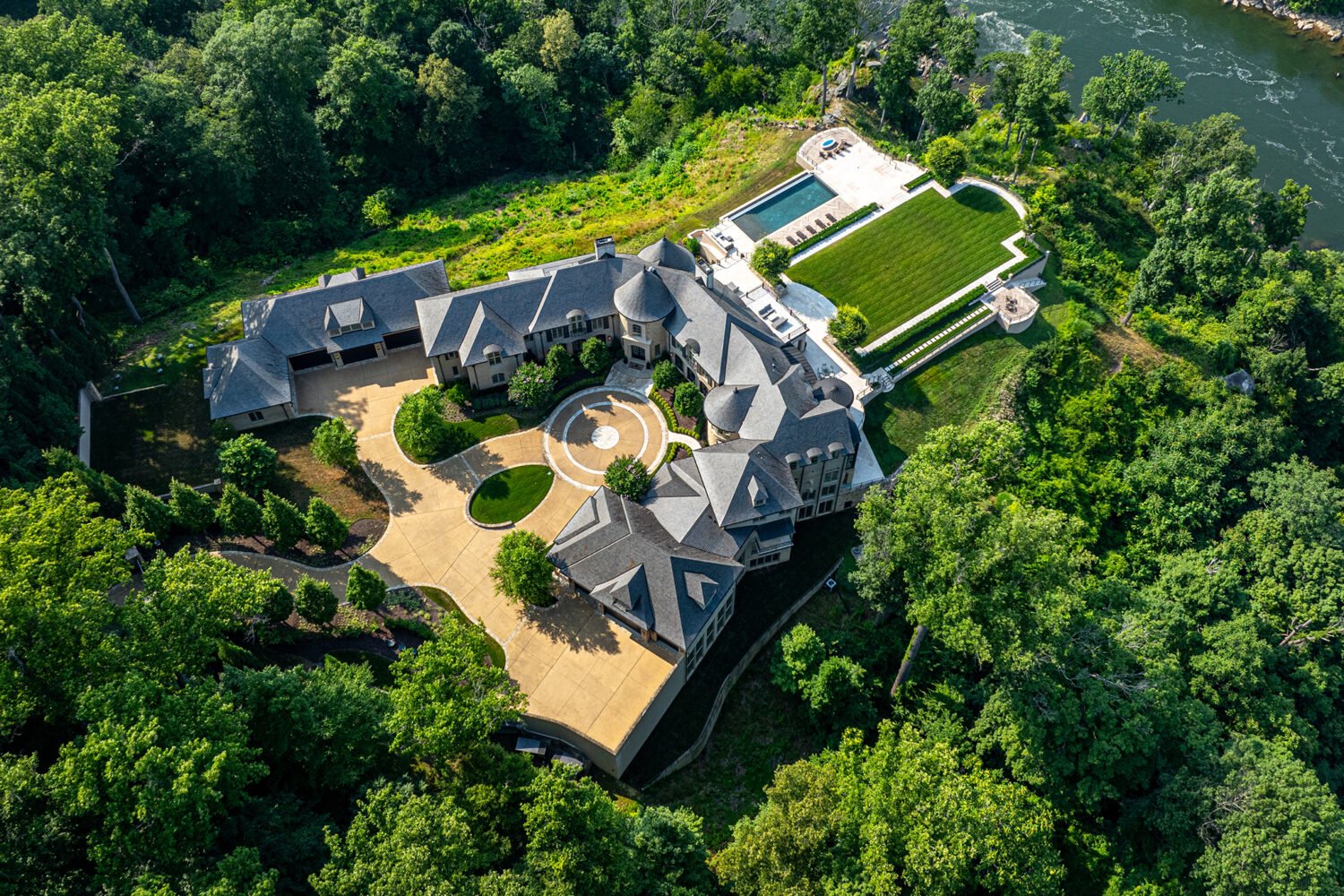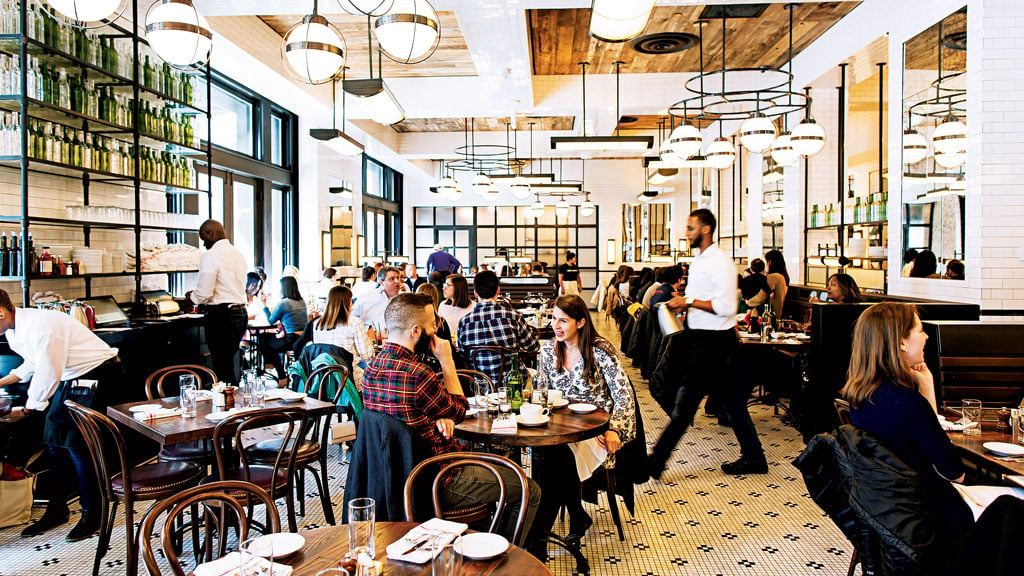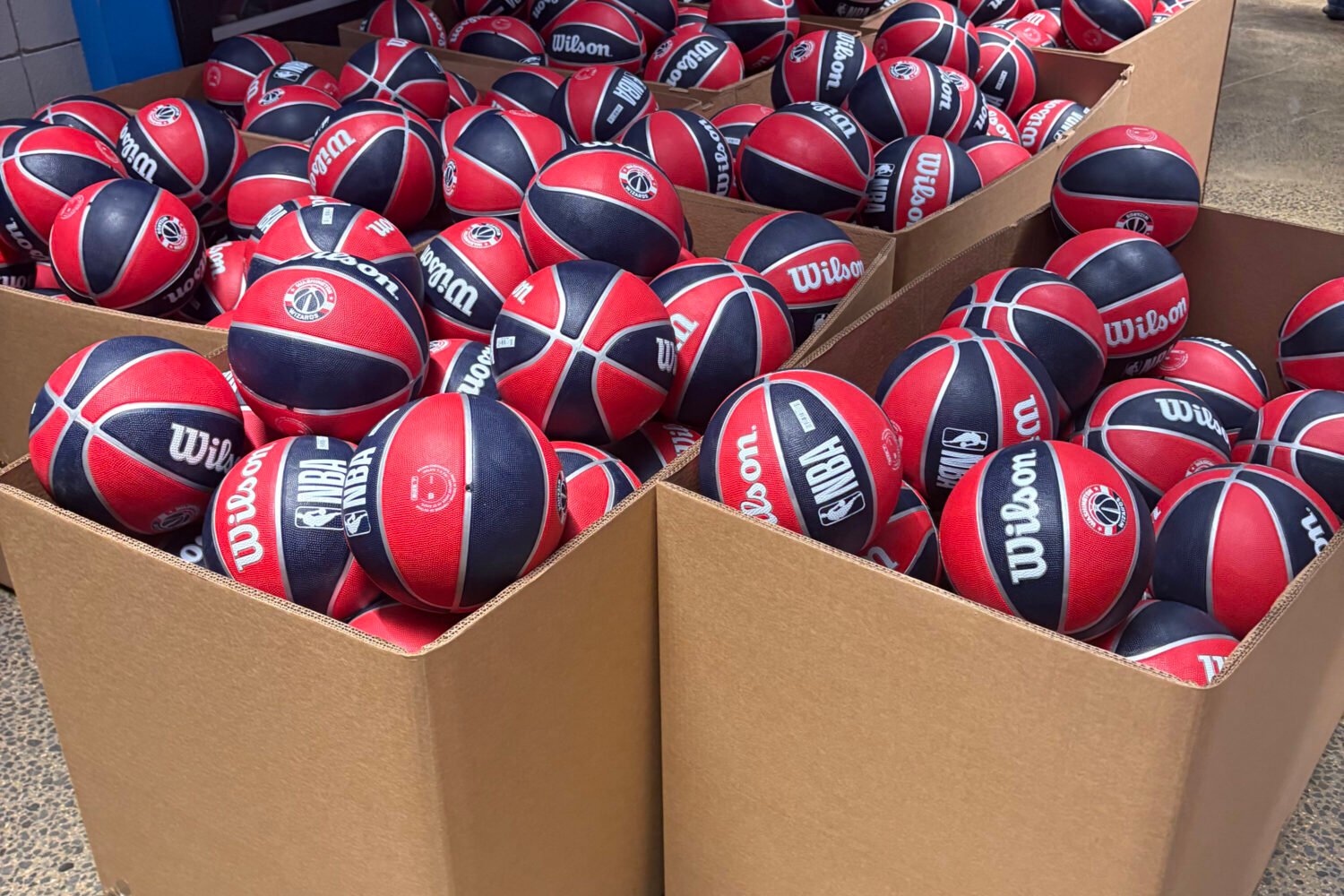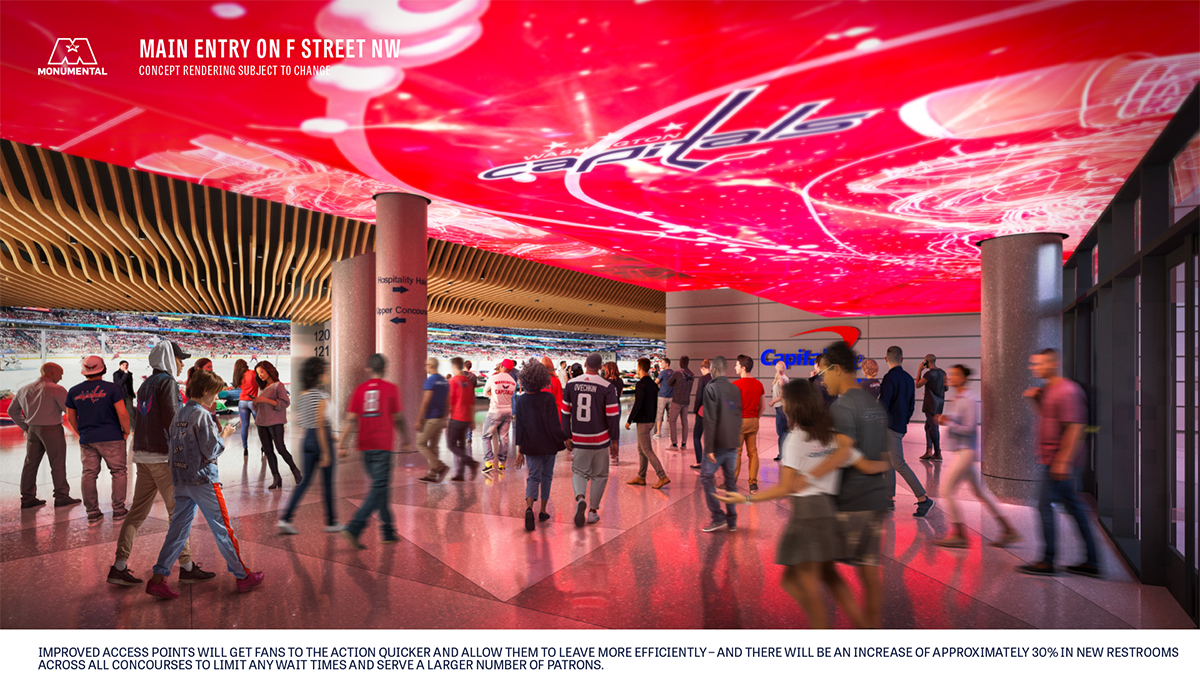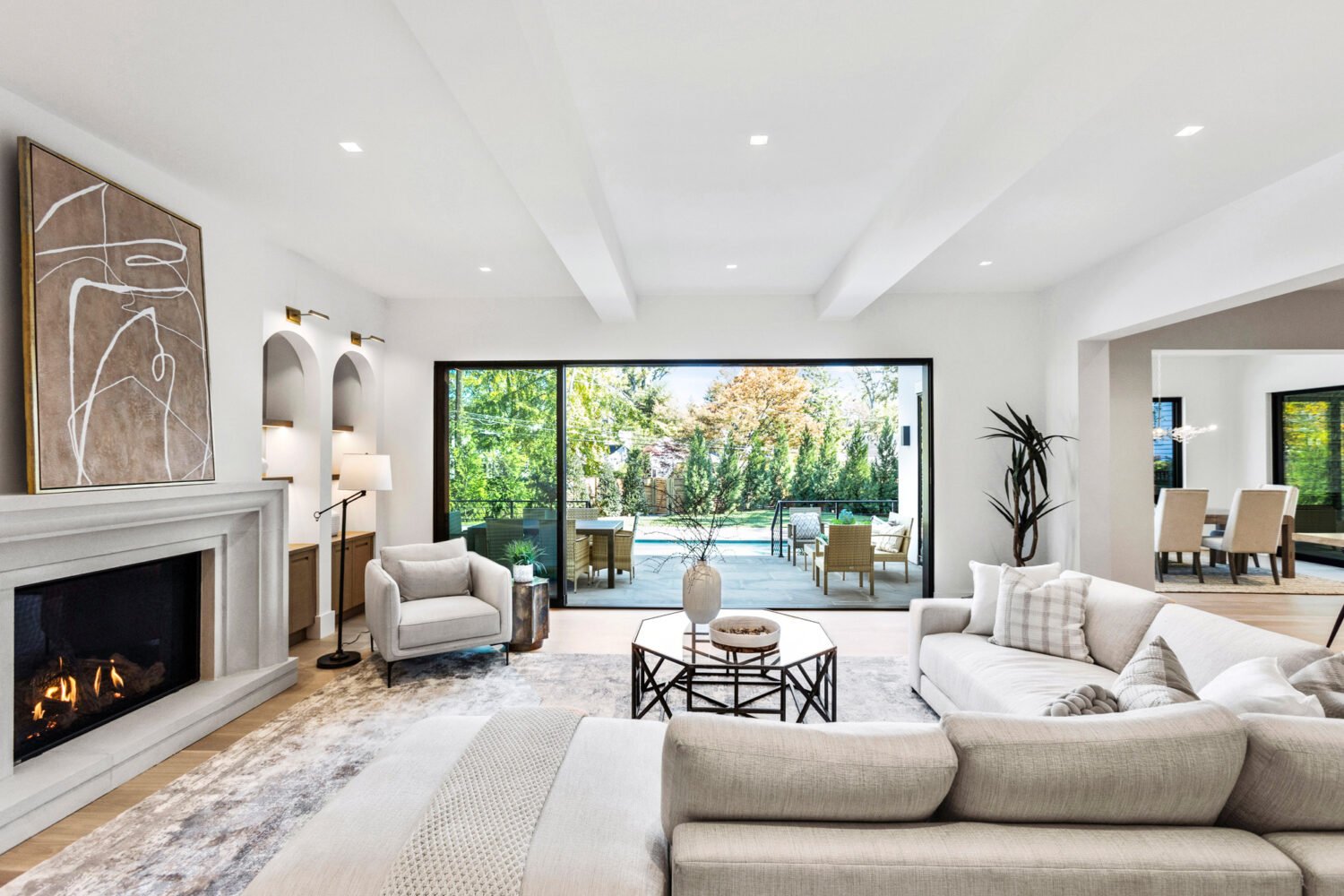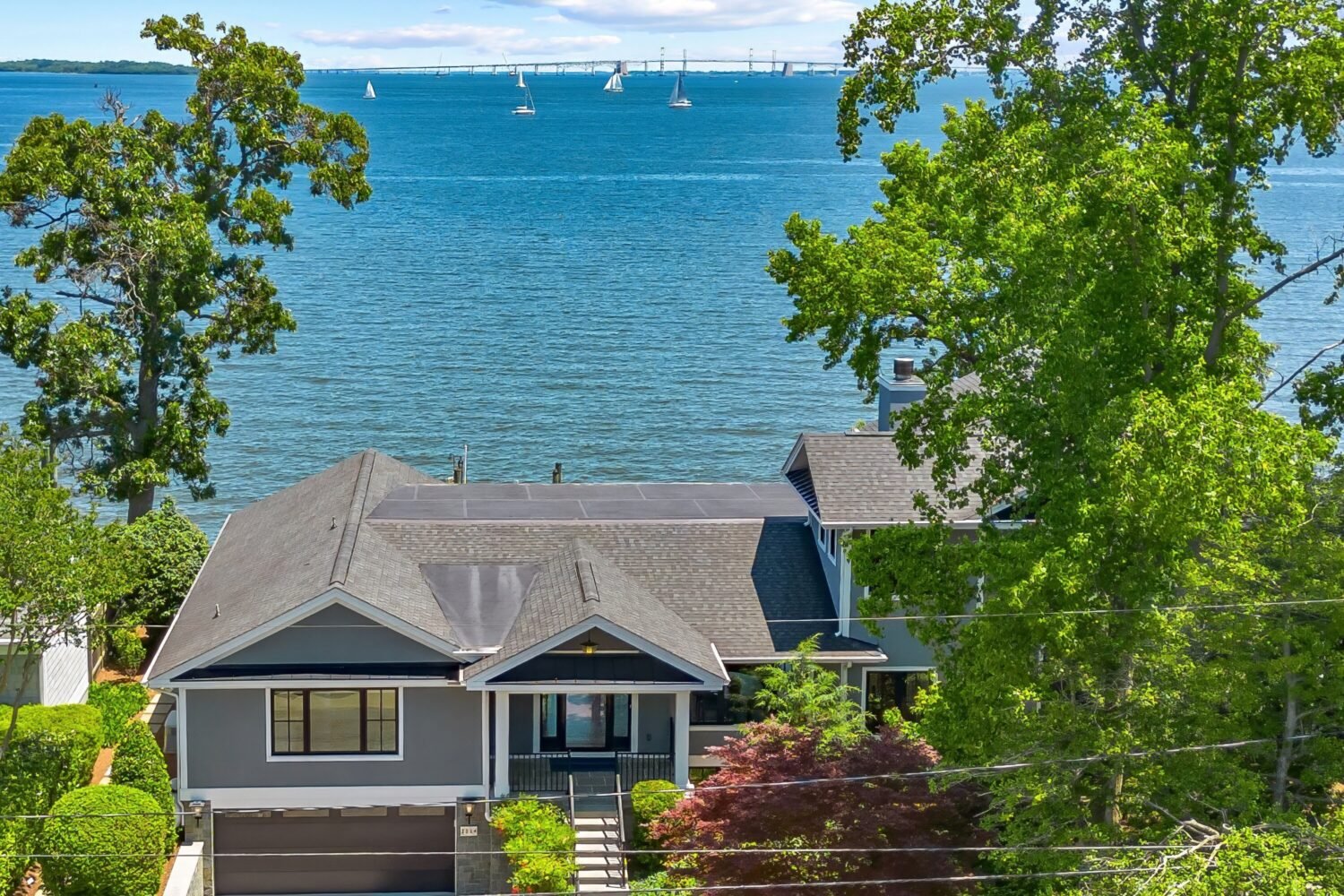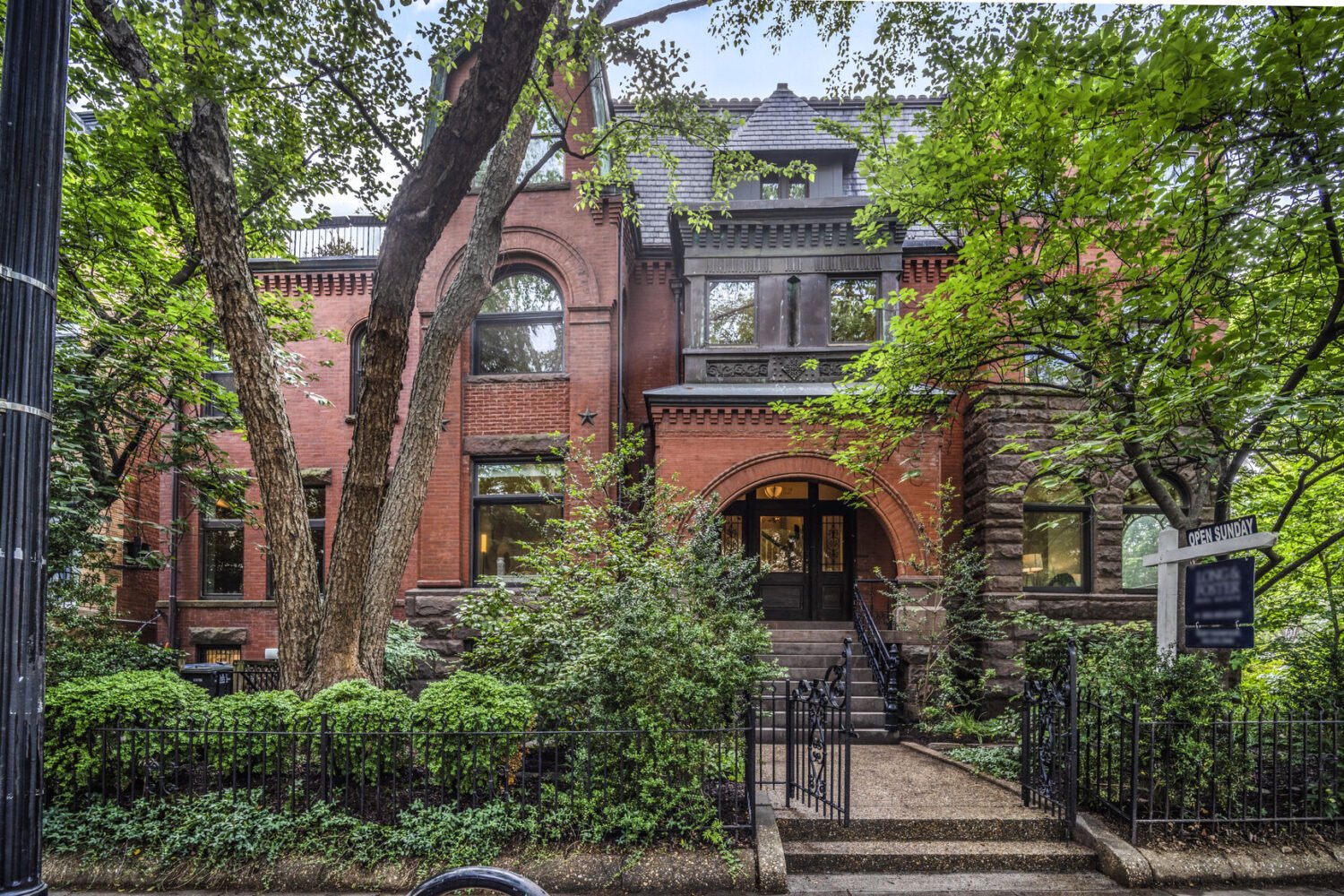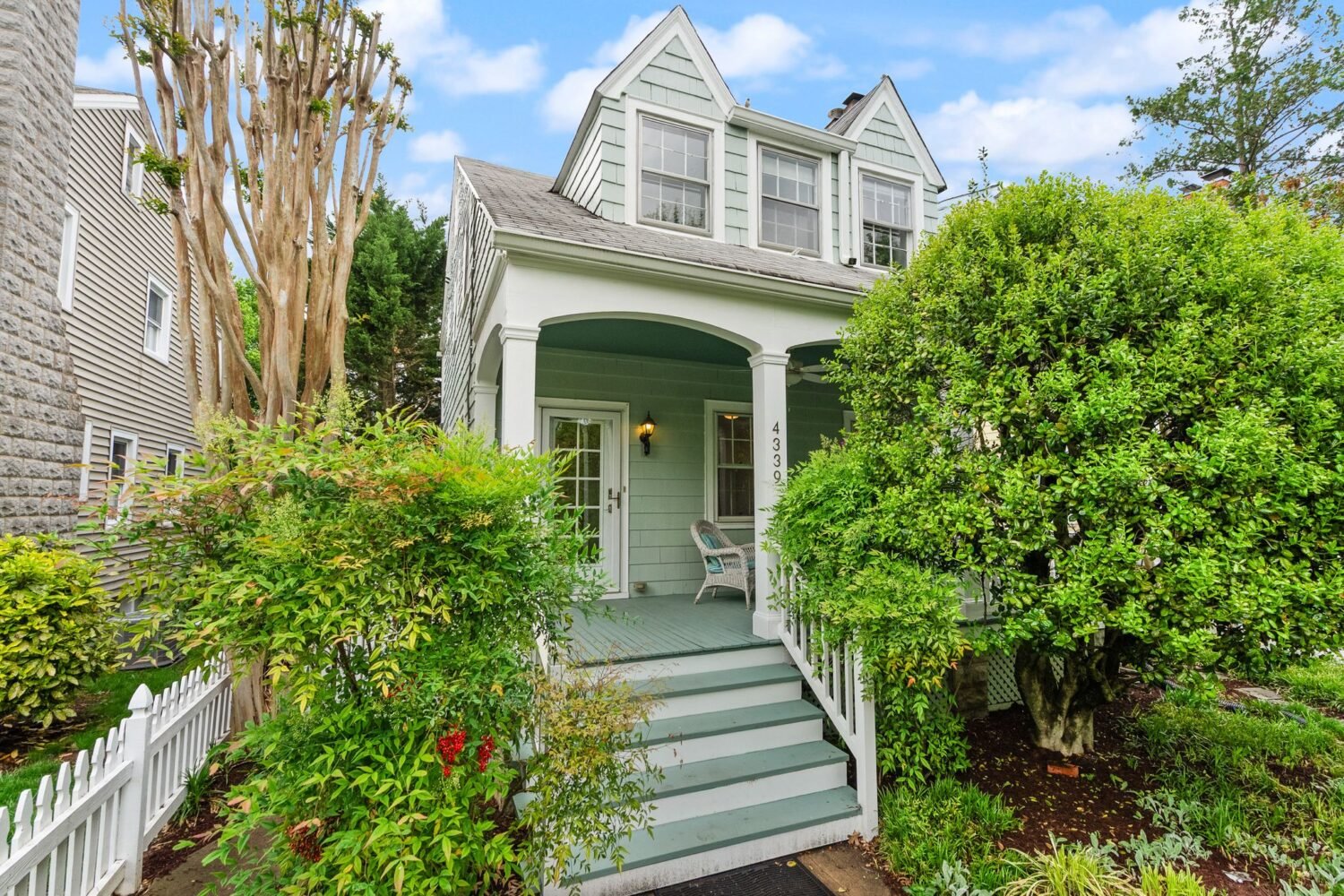The question on most people’s minds now that the Wizards and Capitals have announced plans to decamp to Potomac Yard is: What will happen to the Gallery Place-Chinatown neighborhood?
After Monumental Sports & Entertainment’s announcement last week that it was moving its NBA and NHL teams across the Potomac River, Mayor Muriel Bowser said that her administration was forming a task force “to think deeply and broadly” about economic development around Capital One Arena. She named Jodie McLean, CEO of Edens, a DC-based national retail real estate developer, and Deborah Ratner Salzberg, former chair of the Federal City Council, to lead the task force.
To help them get started, we called two experts for their takes on what should happen next in that neighborhood.
Derek S. Hyra is a professor of public administration and policy at American University and founder of the Metropolitan Policy Center. He is author of Race, Class, and Politics in the Cappuccino City.
“Obviously, the city needs to continue to work with Ted Leonsis and Monumental because they own the space and they have an idea of what they want to do,” Hyra said. “But could the city work with them to enhance the programming and also rethink the area, not just where the stadium is but Gallery Place and the commercial space … that could be reprogrammed or rethought and could help the revitalization that’s going on in Chinatown and Penn Quarter?”
Mitchell N. Schear is a longtime real estate developer who ran one of Washington’s most influential real estate companies, Vornado/Charles E. Smith, for 14 years. He is also a member of the Smithsonian Board of Regents facilities committee.
“The arena is a people pump, and how do you find other people pumps in the area that are going to bring people who go to the hotels, go to the museums, go to the restaurants, and all those sorts of things?” Schear said. “Then what happens is you have one plus one equals three, because people come for one reason but then there’s another reason [they stick around]. That’s what makes the vibrancy of the city.”
Hyra suggested turning the arena into an enormous fitness facility along the lines of the St. James, the mega-health-and-wellness space in Springfield.
“Is there an opportunity to continue on with the sports theme but have it be something that’s an amenity for residents who are living in that area?” Hyra said. It’s a chance “to really bring back people to the city center, but not just bring back the wealthy, bring back a diverse set of people that are going to have new ideas, a new vision and also want a diverse set of amenities.”
Schear favors something like the Sphere, a music and entertainment venue near Las Vegas where U2 is doing a 40-show residency.
“That’s the kind of thing, down the road, that could one day transform it or take it a notch up from being just a place for basketball,” he said.
Hyra would like to see the DC and federal governments work with Leonsis to come up with a plan that is inclusive of low, moderate, middle, and upper incomes and elevates the cultural heritage and history of Chinatown.
“It’s important to work with the existing community that’s there as this revitalization effort goes forward,” he said. “And I do think younger people want to be in a space that has a history, that has a culture.”
Although many people have been chastising the Bowser administration for dropping the ball on negotiations with Leonsis, Hyra isn’t one of them.
“I don’t see this as an incredible screw up or missed opportunity,” he said. “I see this as an offer was made, a better offer was made elsewhere, and a businessperson took it, took the better offer. Now, [here’s a chance to] rethink and reimagine an area that really has a lot of potential and could be a showcase and model to the nation.”
He also wants everyone to stop the doom-and-gloom scenarios.
“We’re going to be just fine as a city that revolves around politics and not sports,” Hyra said. “For two sports teams to move, not that far, within the region, is not going to crush the DC economy. This really is an opportunity to rethink a certain area of the city and maybe have it create even more of an economic tax base than what is there now.
“I think it’s an opportunity and it is not something that people should be so down on. I know people get emotional about it, but when you think about the economics of our city, of the region, we’re going to be just fine.”

